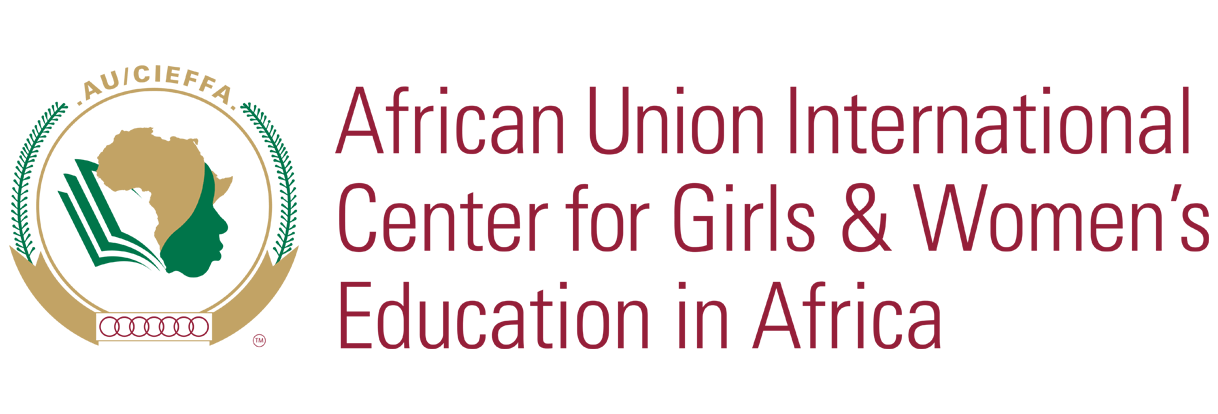Read or download this policy paper here
On July 04, 2024, ImpactHER and the African Union CIEFFA officially launched an insightful survey policy paper authored by ImpactHER and co-published by African Union CIEFFA titled "Bridging the Digital Divide: Empowering Women & Girls in Africa through Digital Literacy and AI Education,"to spotlight this issue and present actionable solutions to close the gap. The launching ceremony took place during the 1st AU Pan African Conference on Girls and Women’s Education in Addis Ababa, Ethiopia.
As the world races towards a digital future, a critical gap is emerging: In many parts of the continent, women and girls remain on the margins of the digital revolution, hindered by a lack of access to technology, education, and opportunities.
Key findings from the survey of over 4,000 survey respondents across 52 African countries reveal:
- A stark urban-rural divide: 56% of respondents were from rural areas, where digital access is significantly limited.
- Artificial Intelligence (AI) gap: Only 14% of respondents have some AI skills, and a remarkable 79% expressed deep interest in acquiring AI skills.
- Limited device ownership: 34.7% of respondents do not own any digital device.
- Lack of digital skills: 60% have never received digital skills training.
These disparities have profound implications. The digital divide exacerbates economic exclusion, stifles innovation, and hinders Africa’s global competitiveness. Without intervention, the continent risks falling behind in the rapidly advancing digital economy.
The policy paper emphasizes:
- The urgent need for targeted interventions, especially in rural areas
- The importance of AI and integrating AI education into the curriculum for girls and women, ensuring that they are not just consumers of technology, but also creators and innovators.
The goal is to seize the transformative potential of AI to drive innovation, promote efficiency, and inclusive economic growth across Africa.
"Bridging the Digital Divide: Empowering Women & Girls in Africa through Digital Literacy and AI Education," is more than a policy paper; it is a call to action, demanding an inclusive and equitable digital revolution that empowers every woman and girl in Africa, both in the rural and urban areas, to participate, innovate, and lead in the digital world.
By implementing the recommended initiatives, stakeholders can create a future where technology drives not only personal success for women and girls but also contributes to Africa’s socio-economic development. We must act expeditiously to bridge this digital divide and build a brighter, more inclusive future for all.
Read or download this policy paper here








